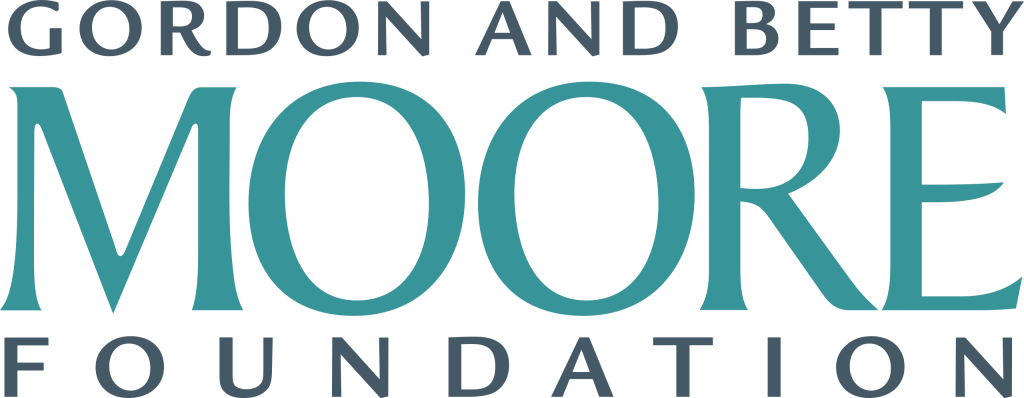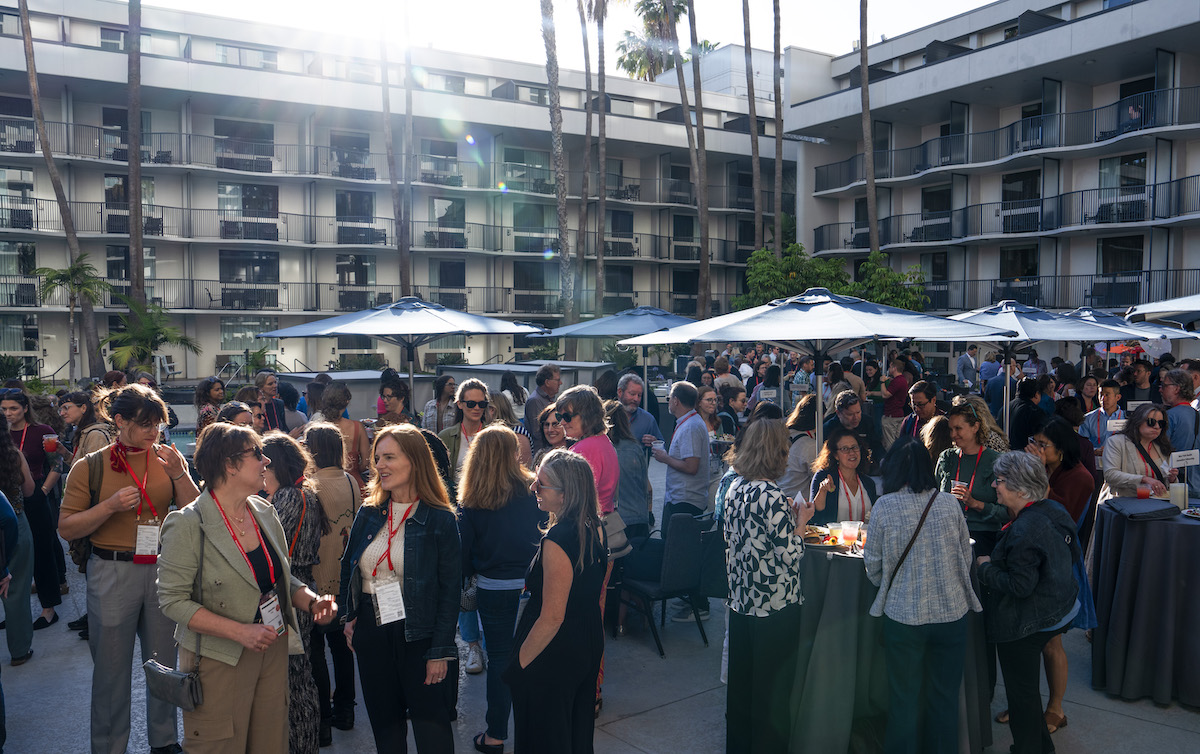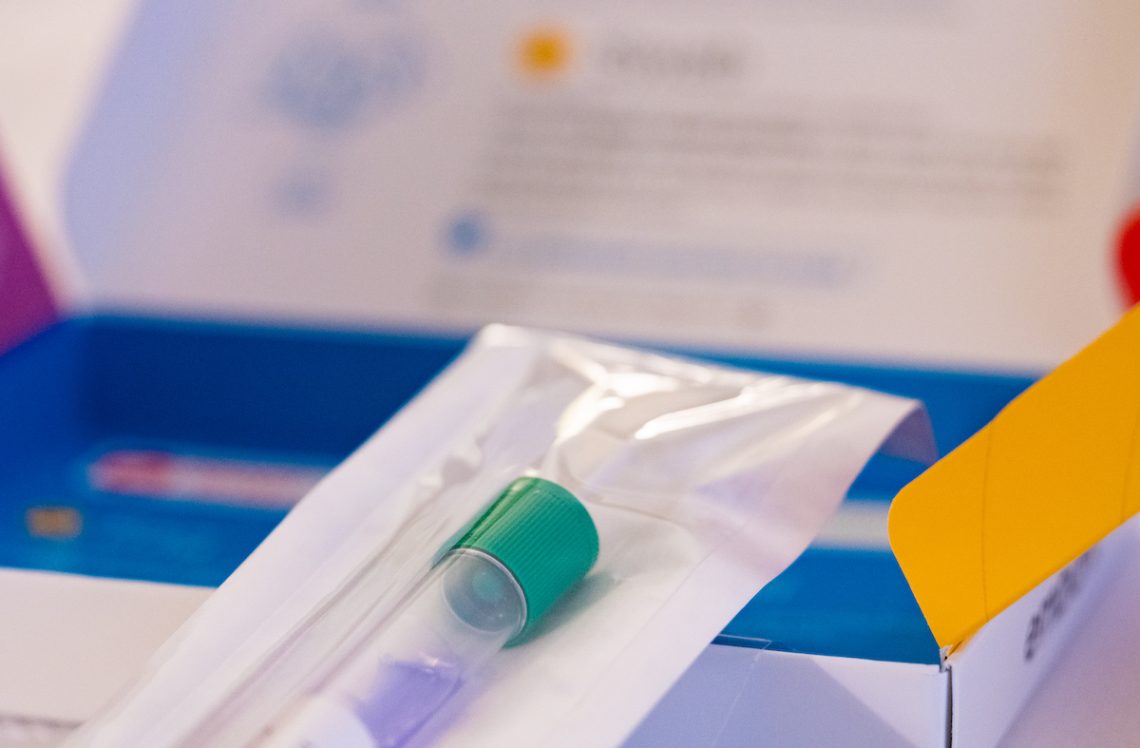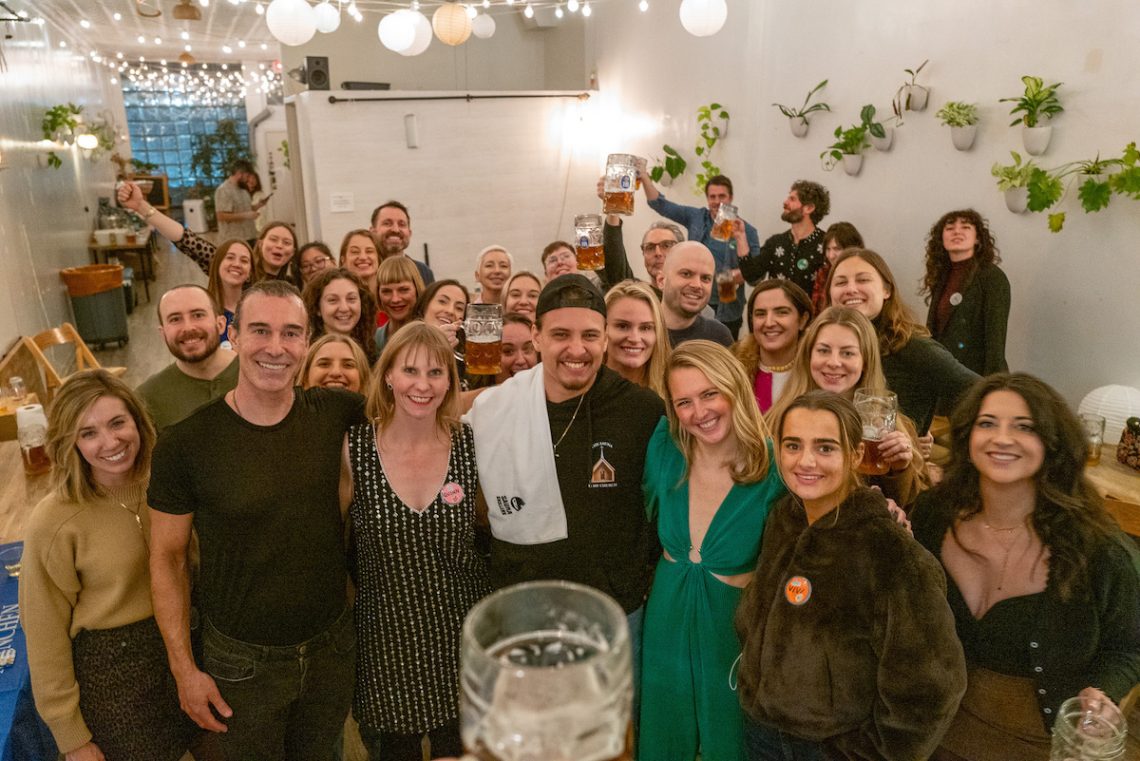Freelancers
Advance your career with ideas, contacts and support from the AHCJ freelance network.
AHCJ’s Freelance Center is designed to help create a sense of community for freelancers and provides a variety of practical resources. These include tip sheets and information about pitching, reporting and writing stories; running a business; networking with colleagues; tools and apps; and awards, grants and fellowships. The center also provides and periodically updates dozens of market guides that describe what publications are looking for in a story pitch. The Freelance Center also organizes quarterly webinars that address issues of particular interest to freelancers, such as negotiating contracts and finding new clients.
Upcoming Events

Need media briefing credentials?
We can help.
Watch
Latest in Freelance
-
How freelancer Mohana Ravindranath covered direct-to-consumer medical tests
Take an inside look at freelancer Mohana Ravindranath’s investigation into the rise of direct-to-consumer preventive screening tests.

-
How a digital nomad pitched an opioid story to the beverage publication Punch
Freelancer Karen Fischer’s pitch on how restaurant workers are on the front lines of the opioid epidemic traces back to…

-
Letter from Minneapolis: No ‘normal’ in journalism, right now
In this personal account, Minneapolis-based AHCJ member Sheila Eldred reflects on listening to fear and grief up close.
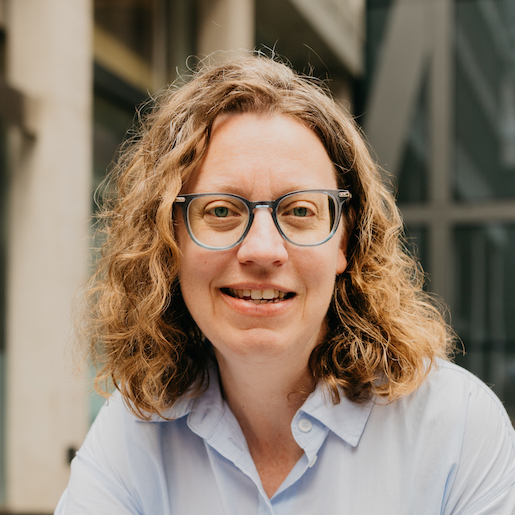
-
How to advocate for yourself as a freelance journalist
During January’s Lunch and Learn, freelancers swapped tips on advocating for better pay, clearer boundaries and more time.

-
3 fun and creative ways freelancers can celebrate their work
Performance reviews are all well and good, but whacky parties, cheeky awards and short getaways are a lot more fun.

-
How journalists can stay safe covering protests
Press freedom expert Joel Simon shares why protests have become more dangerous for journalists, and what we can do about…

-
How a freelance health journalist landed her first story with National Geographic
When Christina Heiser saw a callout for pitches that debunk health myths, she dug into her notes from a medical…

Health journalism saves lives.
Everyone should have access to quality health care information so they can make informed decisions. Join AHCJ today for exclusive access to training and education to inform your community.

